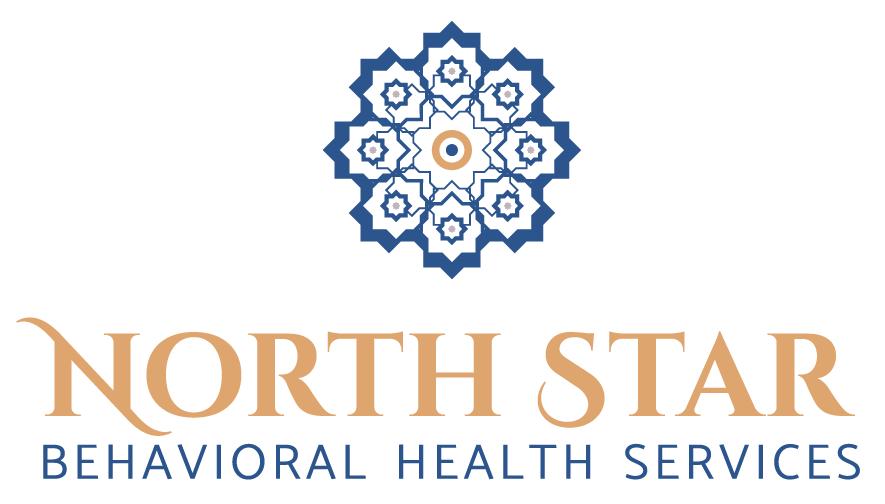What is Psychotherapy?
Psychotherapy, or talk therapy, is a way to help people with a broad variety of mental illnesses and emotional difficulties. Psychotherapy can help eliminate or control troubling symptoms so a person can function better and can increase well-being and healing.
Psychotherapy can help with difficulties in coping with daily life; the impact of trauma, medical illness or loss, like the death of a loved one; and specific mental disorders, like depression or anxiety. There are several different types of psychotherapy and some types may work better with certain problems or issues. Psychotherapy may be used in combination with medication or other therapies. (American Psychiatric Association)
Types of Psychotherapy
EMDR
Eye movement desensitization and reprocessing (EMDR) therapy is a mental health treatment technique. EMDR’s goal is to help you heal from trauma or other distressing life experiences
Our mind is a very powerful system. When we experience trauma, our mind’s instinctual “fight, flight, or freeze” response is activated. This primal response is designed to keep us safe from harm. Unfortunately, even once the threat is no longer present, our body and mind are not always able to recognize, or process the fact that we are safe. We can become “stuck” in the trauma. Triggers, such as a smell, sound, or place can send our mind reeling back into the memory of the trauma, and it can feel as if we are actually reliving it.
North Star Behavioral Health Services uses EMDR in their practice with individuals struggling with a wide variety of concerns. EMDR is effective treatment for individual suffering from:
- Anxiety, panic attacks, and phobias
- Chronic Illness and medical issues
- Depression and bipolar disorders
- Dissociative disorder
- Eating disorders
- Grief and loss
- Pain
- Performance anxiety
- Personality disorders
- Post-Traumatic Stress Disorder (PTSD) and other trauma and stress-related issues
- Sexual assault
- Sleep disturbance
- Substance abuse and addiction
- Violence and abuse
Sex Therapy
Sex can be a difficult and embarrassing topic to talk about, but it can have a major impact on our lives individually and within our relationships. Sex therapy is a type of therapy specifically designed to help individuals and couples who may be struggling with a variety of challenges. Some challenges that sex therapy can treat include: issues with arousal, erectile dysfunction, inability to orgasm, lack of desire, lack of confidence, sexual trauma, issues within the relationship, sexual addictions, and many more. Treating these issues can help to improve your confidence and self esteem as well as help your relationship and overall well being. It is important to note that sex therapy does not involve any physical contact between clients and therapists. Anna O’Donnel, LCSW specializes in Sex Therapy.
Cognitive Behavioral therapy
Cognitive behavioral therapy (CBT) is a type of psychotherapeutic treatment that helps people learn how to identify and change the destructive or disturbing thought patterns that have a negative influence on their behavior and emotions.CBT focuses on identifying and changing one’s automatic negative thoughts that can contribute to and worsen our emotional difficulties, such as depression or anxiety. These spontaneous negative thoughts also have a detrimental influence on our mood. Through CBT, negative and often irrational thoughts are identified, challenged, and replaced with more objective, realistic and positive thoughts, therefore, changing our emotional responses and our behavioral responses.
Mindfulness-based cognitive therapy
Mindfulness-based cognitive therapy, MBCT, is a modified form of cognitive therapy that incorporates mindfulness practices that include present moment awareness, meditation, and breathing exercises. This therapy was formulated to address depression. Using these tools, the mindfulness-based therapist teaches a client to be in the here and now as well as break away from negative thought patterns that can cause a decline into a mood-disordered state; this therapy can help a person fight off a difficult frame of mind before it takes hold.





